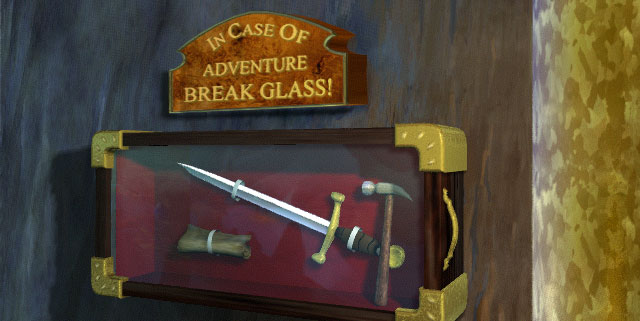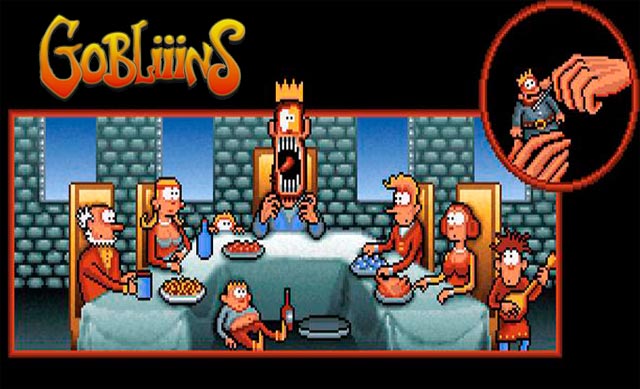The golden age and return of the adventure games. At least, that’s how a lot of people might think about Day of the Tentacle and Broken Age. Day of the Tentacle has always been considered one of the best examples of point and click adventures and was the first game with Tim Schafer having a leading role in development (after the first two Monkey Island games where he was a co-writer). Broken Age was the first huge gaming Kickstarter success marketed as the glorious return of adventure games, also from Tim Schafer and his current team at Double Fine. Given that I personally never liked Day of the Tentacle much and there were some really good adventure titles in the late 00s (especially those from Wadjet Eye) to make the Broken Age’s claims to “return” to something not make a lot of sense, I was really interested in playing those games back to back. The result was amusing, but not particularly exciting.
Read more“Thoughts on: Broken Age and Day of the Tentacle Remastered”









